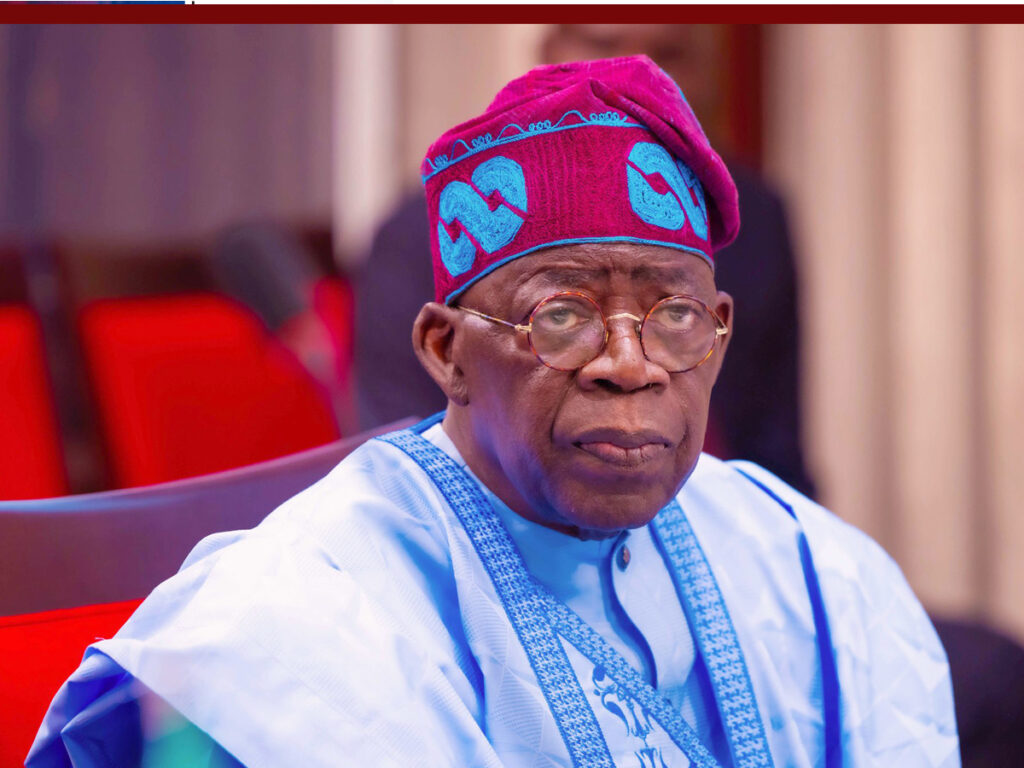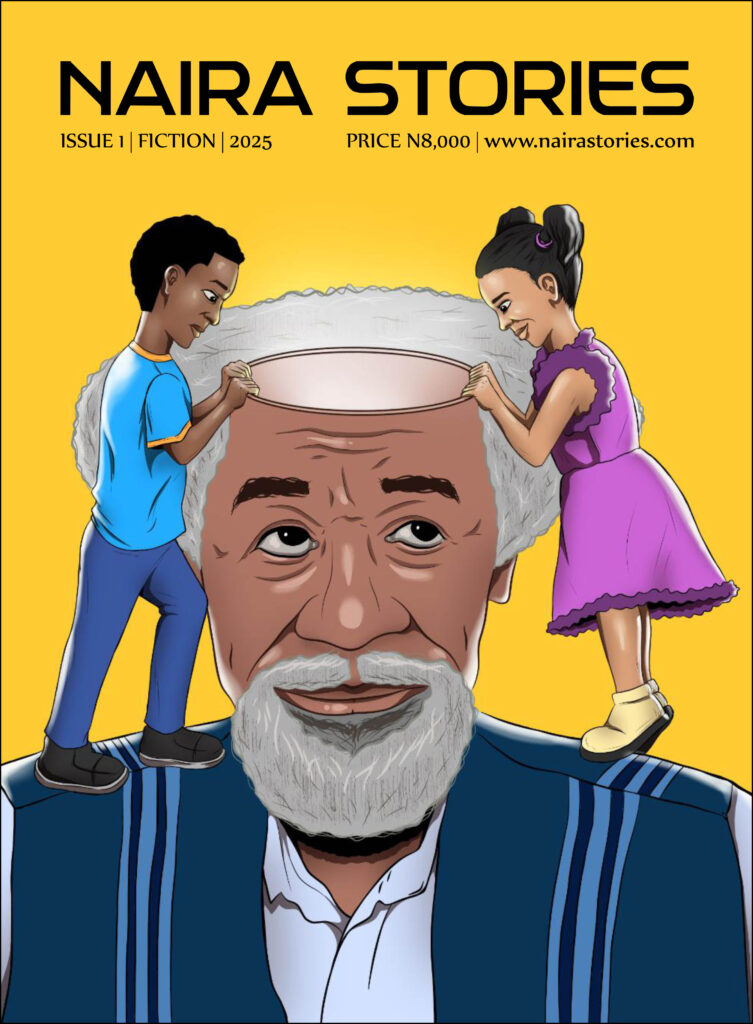The Nigerian government has rejected the World Bank’s latest report, which claimed that 139 million Nigerians are living in poverty, describing the figure as grossly exaggerated and inconsistent with verified national data.
In a statement issued on Wednesday, the Special Adviser to the president on Information and Strategy, Bayo Onanuga, said the report failed to reflect the true state of Nigeria’s economy and questioned the methodology used by the global financial institution.
Onanuga maintained that the World Bank’s findings were based on flawed assumptions that ignored ongoing reforms and interventions introduced by President Bola Tinubu’s administration.
“We reject the notion that 139 million Nigerians are poor. That figure is inconsistent with the realities on ground. The report ignores significant government interventions such as the student loan scheme, wage awards, and conditional cash transfers designed to cushion the effects of subsidy removal,” Onanuga stated.
The presidency insisted that poverty cannot be measured by income levels alone but should also factor in access to infrastructure, healthcare, and education, areas where the government said progress has been recorded.
Onanuga added that several international institutions, including the International Monetary Fund (IMF), have commended the Federal Government’s economic reforms aimed at restoring macroeconomic stability, boosting non-oil revenue, and attracting investment.
Earlier this week, the World Bank released a report stating that Nigeria has the highest number of people living in poverty in Africa, estimating that 139 million citizens lack access to basic needs such as food, shelter, and healthcare.
The report attributed the rising poverty to inflation, low productivity, and the economic strain caused by subsidy removal and currency reforms.
This, however, is not the first time the World Bank and other global institutions have published alarming poverty statistics about Nigeria, sparking pushback from the government.
In October 2024, the World Bank reported that more than half of Nigerians, around 129 million people, were living below the poverty line. The figure triggered widespread debate, with critics linking the increase to inflation and exchange rate challenges following subsidy reforms.
Onanuga reiterated that current economic reforms, including the removal of fuel subsidies and the unification of exchange rates, are painful but necessary measures to stabilise the economy and promote inclusive growth in the long term.
He pointed to several welfare initiatives such as the Renewed Hope Conditional Cash Transfer, the student loan scheme, and the N50,000 grants for small business owners, as targeted efforts to ease the hardship caused by inflation and market adjustments.
“We are aware of the temporary challenges, but the government is implementing bold reforms to restore balance and create sustainable prosperity for Nigerians,” Onanuga said.
He urged international institutions to collaborate with local agencies before releasing reports that could misrepresent the country’s economic reality or undermine public confidence in national development efforts.
The Federal Government, according to him, remains committed to lifting millions of Nigerians out of poverty through sustained investments in agriculture, digital innovation, job creation, and social welfare programmes.




